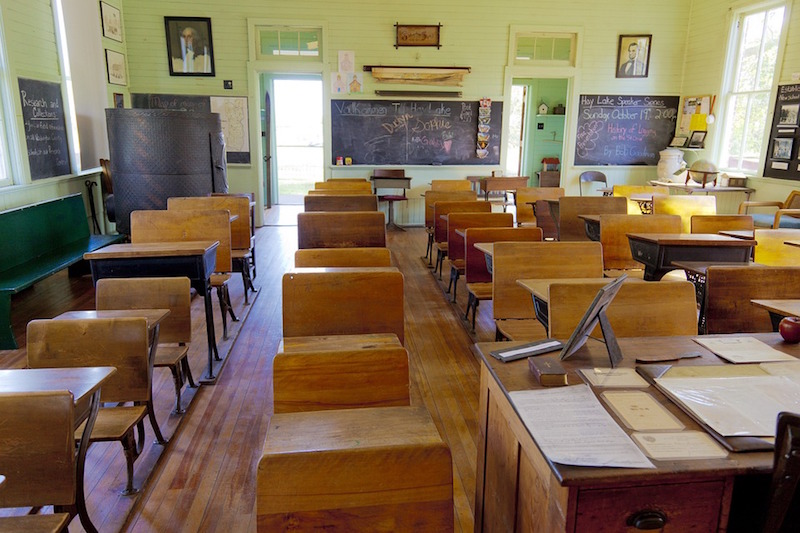The U.S. Department of Energy recently launched the zero energy schools accelerator, an effort to develop cost-competitive zero energy school design.
Six school districts, two states, and several national organizations are working collaboratively on the effort. DOE defines a zero energy building as “an energy-efficient building, where on a source energy basis, the actual delivered energy is less than or equal to the onsite renewable exported energy.”
The program’s goal is to quickly make Zero Energy K-12 schools more mainstream. Participating school districts commit to developing their own zero energy plans for a district project within a year. They can also engage with fellow states and school districts, and gain support from regional and national organizations.
Officials kicked off the program at a school in Arlington, Va., that features advanced next generation energy efficiency and renewable power features, including solar rooftop and geothermal heating and cooling systems. Zero Energy schools have the potential to save 65%-to-80% in energy consumption, depending on climate the zone, DoE says.
Related Stories
Codes and Standards | Sep 25, 2018
New market forces disrupting global real estate development industry
Executives concerned about trade policy, labor shortages, approval processes.
Codes and Standards | Sep 21, 2018
More than 130 organizations petition OSHA to create heat protection standard for workers
Includes mandatory rest breaks, heat-exposure monitoring, record-keeping injury requirement.
Codes and Standards | Sep 20, 2018
North Carolina law banning use of recent climate science could worsen Hurricane Florence impact
Policies may have undermined ability to make coastal regions more resilient.
Codes and Standards | Sep 19, 2018
AIA endorses building owner participation in cap-and-trade programs
Would spur more energy conservation in buildings and cut carbon emissions.
Codes and Standards | Sep 18, 2018
ConsensusDocs Coalition publishes new Lean Addendum
Industry-first document to facilitate lean tools without need to sign multi-party IPD agreement.
Codes and Standards | Sep 14, 2018
IAPMO seeks comments on proposals for 2021 plumbing and mechanical codes
Deadline is Jan. 3, 2019.
Codes and Standards | Sep 13, 2018
As ICC prepares to vote on codes for tall wood buildings, opposition is still strong
Influential body will vote in October on new provisions to allow 18-story wood-framed structures.
Codes and Standards | Sep 12, 2018
Saltwater incursion into Miami’s aquifer may make city uninhabitable later this century
Rising sea levels likely to claim drinking water before land is under water.
Codes and Standards | Sep 11, 2018
Smart Surfaces Coalition will help cities reduce urban heat island effect
Surfaces can reflect away heat and help prevent flooding.
Codes and Standards | Sep 7, 2018
Certified Green Buildings may have an advantage in capital markets
Research supports financial case for certification.

















